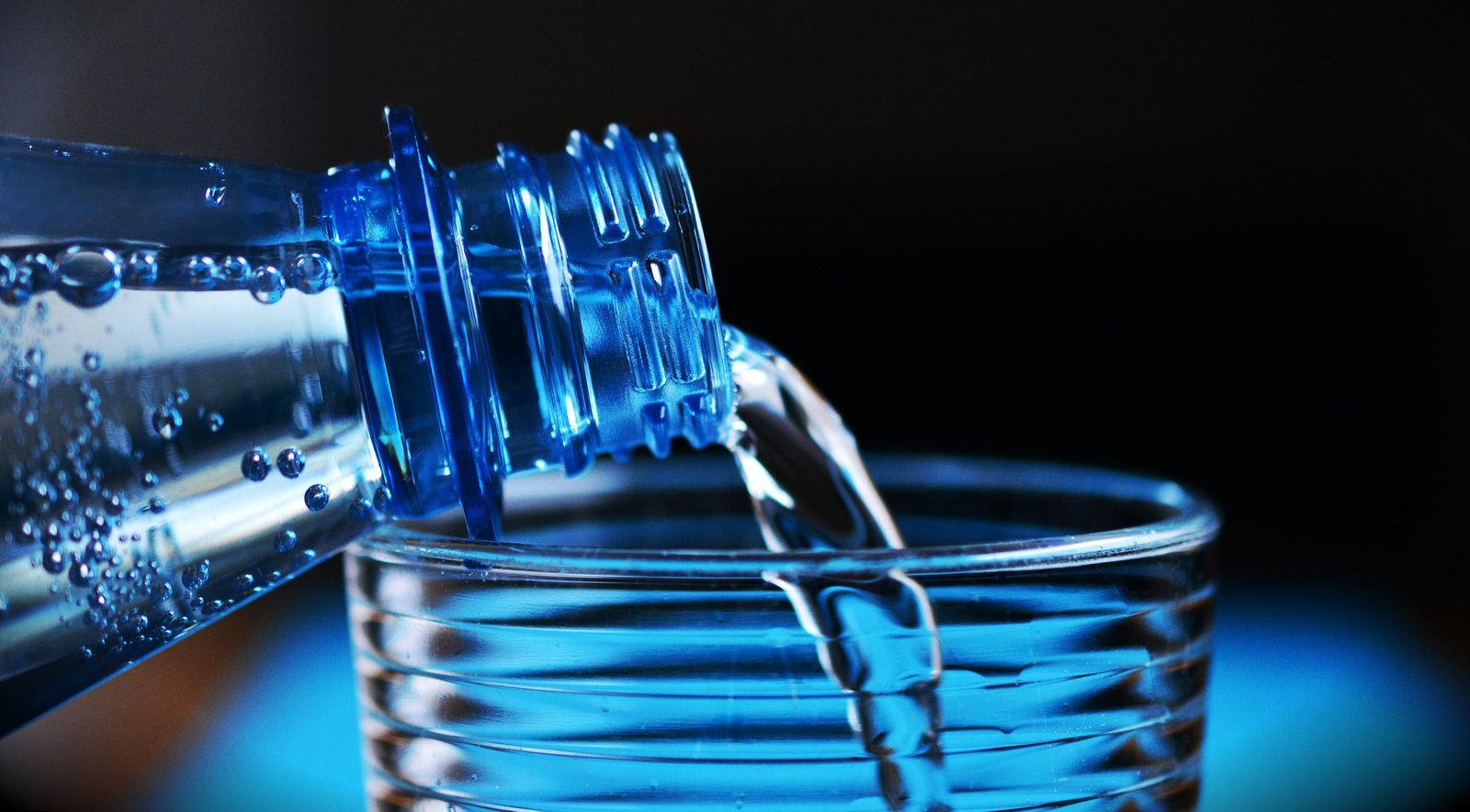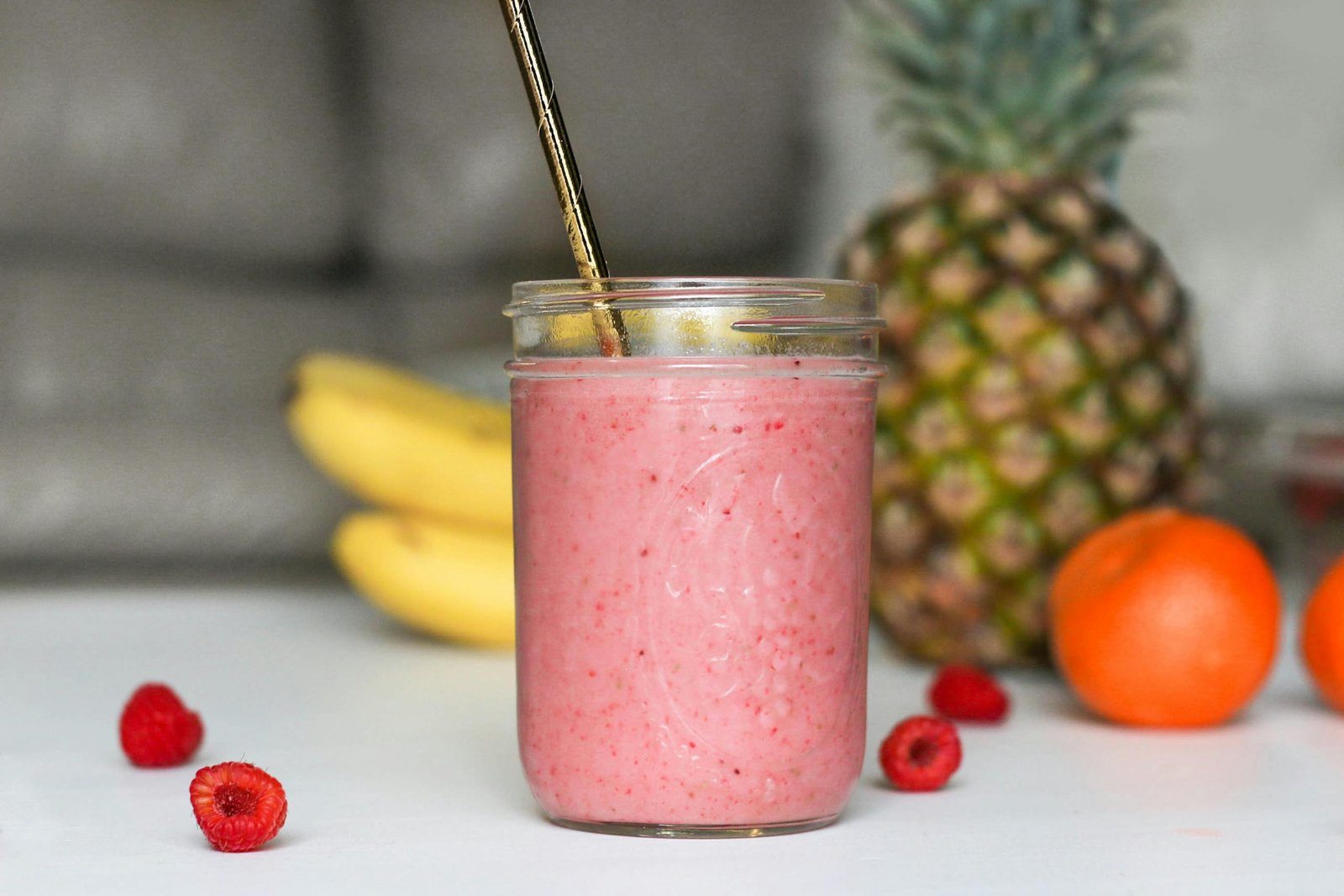How Water Helps Your Body Absorb Nutrients
There are some affiliate links below, but they are all products I highly recommend. For more info, view my disclosure here.
Do you want to maximize the benefits of the nutrients you consume? Discover how water can play a crucial role in helping your body absorb those essential nutrients.
By staying hydrated, you can enhance the efficiency of nutrient transport, promote enzymatic reactions for breakdown, and improve nutrient solubility and bioavailability.
We will explore the importance of water in nutrient absorption and provide strategies to optimize hydration for better nutrient uptake.

The Role of Water in Digestion
Did you know that water plays a crucial role in digestion by helping your body absorb nutrients? When you eat food, it goes through a process called digestion, where it’s broken down into smaller molecules that can be absorbed by your body.
Water is essential during this process because it helps dissolve nutrients and deliver them to your cells.
As you chew your food, saliva mixes with it, creating a moistened bolus that can easily be swallowed. Once in your stomach, water helps break down the food even further by mixing with stomach acids and enzymes. This allows the nutrients to be released and absorbed into your bloodstream.
After leaving the stomach, the partially digested food enters the small intestine, where the majority of nutrient absorption takes place. Water plays a vital role here too. It helps to soften the food, making it easier for the nutrients to be extracted and absorbed by the cells lining the intestine.
Without adequate water intake, the digestion process can be hindered, leading to poor nutrient absorption and potential health issues. To ensure proper digestion and absorption of nutrients, it’s important to drink enough water throughout the day.
Water and Nutrient Absorption in the Small Intestine
In the small intestine, it’s crucial for you to drink enough water to ensure your body efficiently absorbs all the essential nutrients it needs. When you consume food, it enters your stomach where it begins to break down. From there, the semi-digested food moves into the small intestine, where most of the absorption takes place. The small intestine is lined with tiny finger-like projections called villi, which increase the surface area for nutrient absorption. Water plays a vital role in this process.
As the chyme, a semi-liquid mixture of food and digestive juices, moves through the small intestine, water helps to break down the nutrients and carry them into the bloodstream. Without enough water, the absorption process is compromised, and your body may not receive all the necessary vitamins, minerals, and other important substances it needs to function properly.
Water helps to keep the lining of the small intestine moist and lubricated, which aids in the movement of food and prevents constipation. When you’re adequately hydrated, your body can efficiently extract the nutrients from the food you eat, promoting overall health and well-being.
Hydration and Efficient Nutrient Transport
To ensure efficient nutrient transport in your small intestine, it’s important to maintain proper hydration levels throughout the day. When you’re adequately hydrated, your body is able to effectively break down and absorb nutrients from the food you consume. Water plays a crucial role in this process by allowing the small intestine to function optimally.
The small intestine is responsible for absorbing the majority of nutrients from the food you eat. It’s lined with tiny finger-like projections called villi, which increase the surface area for nutrient absorption. These villi contain blood vessels that carry nutrients to different parts of your body. However, without enough water, these processes can be hindered.
Water acts as a lubricant, allowing the food you eat to move smoothly through the digestive system. It also helps in the breakdown of food particles, making it easier for the small intestine to absorb nutrients. Water helps to maintain the proper consistency of the intestinal contents, ensuring that nutrients can be efficiently transported across the intestinal walls.
Inadequate hydration can lead to various digestive issues, such as constipation or irregular bowel movements. When you’re dehydrated, the small intestine may struggle to absorb nutrients effectively, resulting in nutrient deficiencies and potential health problems. Therefore, it’s essential to drink enough water throughout the day to support efficient nutrient transport in your small intestine and maintain overall good health.

Water’s Impact on Enzymatic Reactions for Nutrient Breakdown
When adequately hydrated, you’ll notice a significant improvement in the efficiency of nutrient breakdown and absorption in your small intestine. Water plays a crucial role in facilitating enzymatic reactions that break down nutrients into smaller, more easily absorbable molecules. Enzymes are biological catalysts that speed up chemical reactions in the body, including the breakdown of carbohydrates, proteins, and fats. Without enough water, these enzymatic reactions can slow down, leading to poor nutrient absorption.
Water helps maintain the optimal environment for enzymatic reactions by acting as a solvent. It helps dissolve nutrients and enzymes, allowing them to interact and facilitate the breakdown process. Water assists in the transportation of nutrients across the intestinal walls, ensuring efficient absorption into the bloodstream.
Dehydration, on the other hand, can hinder these processes. When you’re dehydrated, the concentration of nutrients in your small intestine becomes more concentrated, making it harder for enzymes to break them down. This can lead to malabsorption and nutrient deficiencies, even if you’re consuming a nutrient-rich diet.
To ensure proper nutrient breakdown and absorption, it’s essential to stay adequately hydrated throughout the day. Aim for at least eight glasses of water daily, or more if you’re engaging in physical activity or in hot weather.
Water’s Influence on Nutrient Solubility and Bioavailability
By staying hydrated, you’ll notice an improvement in the solubility and bioavailability of nutrients in your small intestine. Water plays a crucial role in the digestion and absorption of nutrients.
As you consume food, it travels through your digestive system, eventually reaching your small intestine. Here, the nutrients are broken down into smaller molecules for absorption into your bloodstream.
Water helps in this process by enhancing the solubility of nutrients. When you’re properly hydrated, the water in your body acts as a solvent, allowing for the efficient dissolution of nutrients. This means that vitamins, minerals, and other essential compounds can be easily absorbed by the cells lining your small intestine.
Furthermore, water also improves the bioavailability of these nutrients. Bioavailability refers to the amount of nutrients that your body can actually use. When you’re dehydrated, the absorption of nutrients becomes less efficient, leading to potential deficiencies. However, by maintaining proper hydration levels, you ensure that the nutrients you consume are readily available for your body to utilize.
Staying hydrated is essential for optimal nutrient absorption. With adequate water intake, you enhance the solubility and bioavailability of nutrients in your small intestine, allowing your body to efficiently absorb and utilize these essential compounds.
The Importance of Water for Nutrient Absorption in the Colon
Staying properly hydrated enhances the absorption of nutrients in the colon, allowing for optimal nutrient utilization. When you’re dehydrated, your body struggles to absorb nutrients effectively, leading to potential nutrient deficiencies.
Water plays a crucial role in the digestive process, specifically in the colon, where the final stages of nutrient absorption take place.
The colon, also known as the large intestine, is responsible for absorbing water, electrolytes, and certain vitamins and minerals from the digested food. However, without adequate hydration, the colon’s ability to perform these functions is compromised. Water acts as a lubricant, helping the food move smoothly through the colon and preventing constipation. It also softens the stool, making it easier for nutrients to be absorbed.
Moreover, water enhances the solubility of nutrients, allowing them to dissolve and become readily available for absorption. Many nutrients, such as vitamins and minerals, are water-soluble, meaning they need water to be digested and absorbed by the body. Without enough water, these nutrients may not be fully utilized, leading to reduced nutrient absorption and potential deficiencies.
Hydration Strategies to Enhance Nutrient Absorption
Drinking enough fluids throughout the day is key to optimizing nutrient absorption in the colon. When it comes to hydration strategies to enhance nutrient absorption, there are a few things you can do.
First, make sure you’re drinking water regularly throughout the day, aiming for at least eight 8-ounce glasses. This will help keep your body hydrated and ensure that there’s enough fluid in your system to aid in the absorption of nutrients.
In addition to water, you can also incorporate hydrating foods into your diet. Fruits and vegetables, such as watermelon, cucumbers, and oranges, have high water content and can help keep you hydrated. These foods not only provide hydration but also supply essential vitamins and minerals that support nutrient absorption.
Another strategy is to avoid excessive consumption of dehydrating beverages, such as alcohol and caffeinated drinks. These can actually deplete your body of fluids and hinder nutrient absorption. Instead, opt for herbal teas, infused water, or natural fruit juices to stay hydrated.
Lastly, listen to your body’s thirst signals. Thirst is your body’s way of telling you that it needs more fluids, so be sure to drink water whenever you feel thirsty. By staying properly hydrated, you can optimize nutrient absorption in your colon and support overall digestive health.







